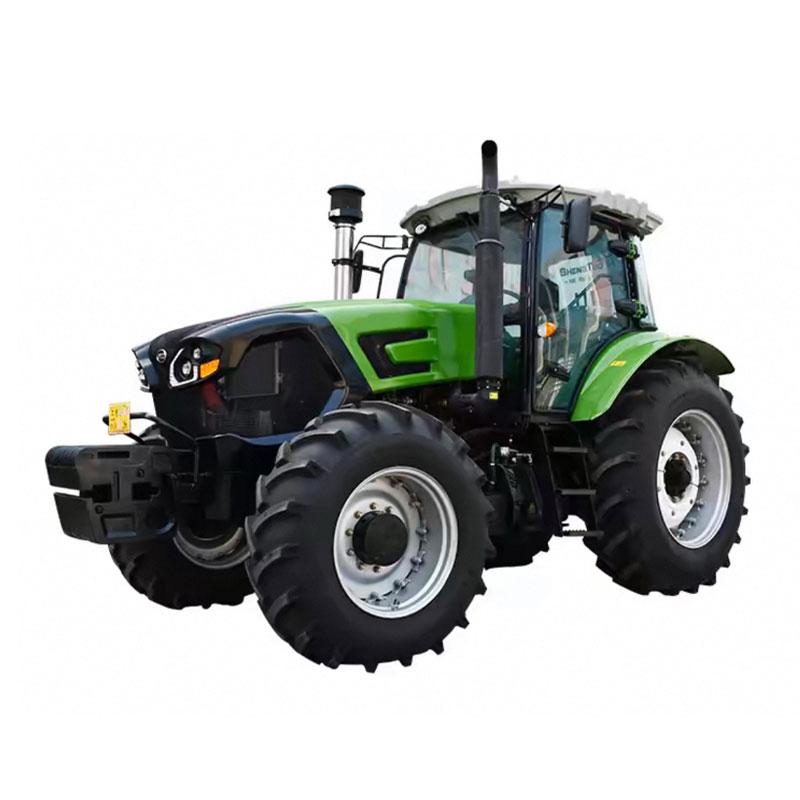Agricultural Tractors: Their Potential in Regenerative Agriculture
2025-06-17
Agricultural tractors have long been a symbol of industrialized farming, associated with large-scale monoculture and soil-depleting practices. However, as regenerative agriculture gains global attention for its potential to restore ecosystems and combat climate change, tractors are finding a renewed and transformative role. Rather than being relics of conventional agriculture, tractors—when used strategically—can become key enablers of regenerative practices that enhance soil health, biodiversity, and carbon sequestration.
Regenerative agriculture focuses on principles such as minimal soil disturbance, cover cropping, crop diversity, and integrated livestock management. Tractors, with their versatility and adaptability, can help implement these practices efficiently. For example, specialized tractor attachments can be used for no-till or low-till planting, which helps maintain soil structure and microbial life. This not only improves water retention and reduces erosion but also reduces the need for synthetic inputs.

Moreover, tractors equipped with GPS and precision farming technologies allow for targeted applications of compost, organic fertilizers, and even seeds. Such precision reduces waste and ensures that interventions are made only where necessary. This supports the regenerative goal of working with natural systems rather than overriding them. In addition, tractor-based equipment like roller-crimpers can terminate cover crops in a way that protects the soil and prepares it for planting, without relying on herbicides.
Tractors can also play a role in managed grazing systems. Mobile fencing and water units, often moved with tractors, help farmers rotate livestock through pastures efficiently, promoting even manure distribution and encouraging natural grassland regeneration.
However, the use of tractors in regenerative agriculture requires a shift in mindset. Instead of maximizing output per acre at any ecological cost, the emphasis moves toward long-term ecosystem stewardship. This includes being mindful of tractor fuel usage and emissions. The emergence of electric tractors and alternative fuels opens the door for tractors to align even more closely with regenerative values.
In conclusion, while traditionally associated with industrial agriculture, tractors have the potential to be reimagined as allies in regenerative farming. With thoughtful integration, updated technology, and a commitment to sustainability, tractors can help scale regenerative practices and lead the way toward a more resilient and environmentally sound food system.
As a professional manufacturer and supplier, we provide high-quality products. If you are interested in our products or have any questions, please feel free to contact us.